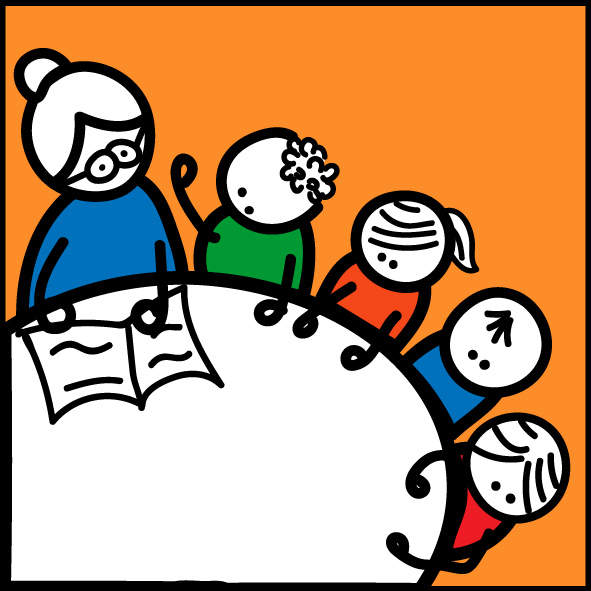
Areas of Research:

Teacher-Child Interactions and Child Development
Area Summary:
Recognizing that parents are not the only sources of influence on children's development, this line of research examines how teacher-child interactions support the development of children's school readiness in communities outside the U.S. We found evidence that the CLASS (Classroom Assessment Scoring System; Pianta et al., 2008), originally developed in the U.S., is a valid tool to assess teacher-child interactions in Santiago (Chile). We examined both construct and predictive validity in the Chilean context. As part of the same project, we examined the effectiveness of a teacher professional development program for pre-kindergarten and kindergarten teachers in Chilean schools serving primarily children from low-income households. We found evidence suggesting that the teacher professional development program, Un Buen Comienzo (A Good Start) had positive impacts on teacher-child interactions in the classroom but not necessarily on child outcomes. Subsequent analyses indicated that children's school attendance and teachers' fidelity of implementation of the program might explain why positive improvements in the classroom did not translate into significant gains in child outcomes.
Collaborators:
- Dr. Hirokazu Yoshikawa - Professor of Psychology at New York University
- Dr. Catherine Snow - Professor of Education at Harvard University
- Dr. Christina Weiland - Associate Professor of Education at University of Michigan
- Dr. Andrea Rolla - Fundacion Educacional Oportunidad
- Dr. Mary Catherine Arbour, MD - Harvard Medical School
- Dr. Clara Barata - University of Coimbra
- Dr. Ernesto Trevino - Universidad Católica de Chile
Funded by:
- Fundación Educacional Oportunidad (Un Buen Comienzo project)
- Harvard University
Related Publications:
- Leyva, D., Weiland, C., Barata, C., Yoshikawa, H., Snow, C., Trevino, E., & Rolla, A. (2015). Teacher-child interactions in Chile and their associations with prekindergarten outcomes. Child Development, 86, 781-799. doi: 10.1111/cdev.12342.
- Yoshikawa, H., Leyva, D., Snow, C., Trevino, E., Rolla, A., Barata, C., Weiland, C. & Arbour, C. (2015). Experimental impacts of a teacher professional development program in Chile on preschool classroom quality and child outcomes. Developmental Psychology, 51, 309-322. doi: 10.1037/a0038785.